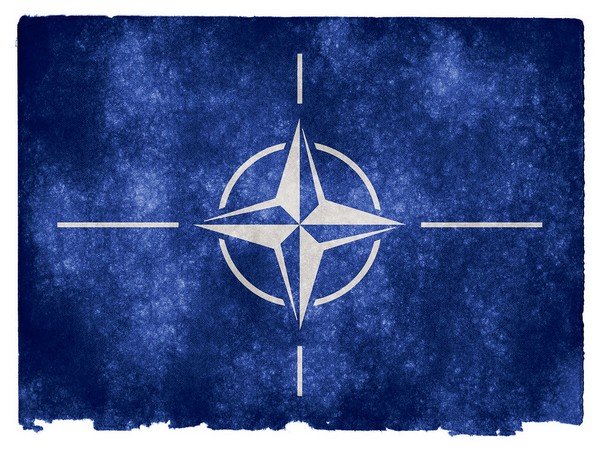NATO Nations to Exit Mine Ban Under Russian Threat
NATO members Poland, Lithuania, Latvia, and Estonia plan to exit the Ottawa Convention on anti-personnel mines due to perceived military threats from Russia. This decision allows them to stockpile landmines as a defensive measure, highlighting increased security concerns in the region.

NATO members Poland, Lithuania, Latvia, and Estonia announced their intention to withdraw from the Ottawa Convention on Tuesday, citing mounting military threats from neighboring Russia. The decision would enable these countries to resume stockpiling anti-personnel mines, which they consider necessary for regional defense.
Since its adoption in 1997, the Ottawa Convention has been ratified by over 160 nations. However, Russia has not been among them, and recent actions by the Kremlin have heightened security concerns for NATO members bordering Russia and Belarus. This move is seen as a direct response to those perceived threats.
“This decision sends a clear message that we are prepared to protect our security,” the defense ministers highlighted in a joint statement. Lithuania's Defense Minister Dovile Sakaliene emphasized that the shift is a strategy to bolster regional border protection. In a similar vein, Finland is also considering exiting the treaty due to Russia's usage of such weaponry in Ukraine.
(With inputs from agencies.)
- READ MORE ON:
- NATO
- Russia
- Ottawa Convention
- anti-personnel mines
- Poland
- Lithuania
- Latvia
- Estonia
- security
- defense










